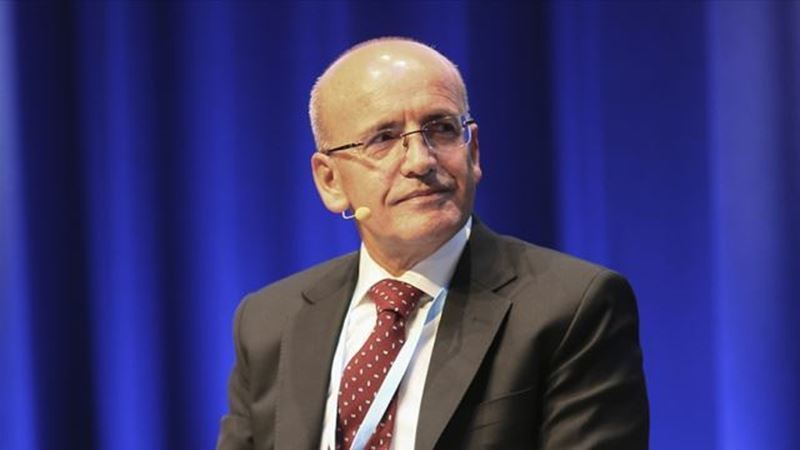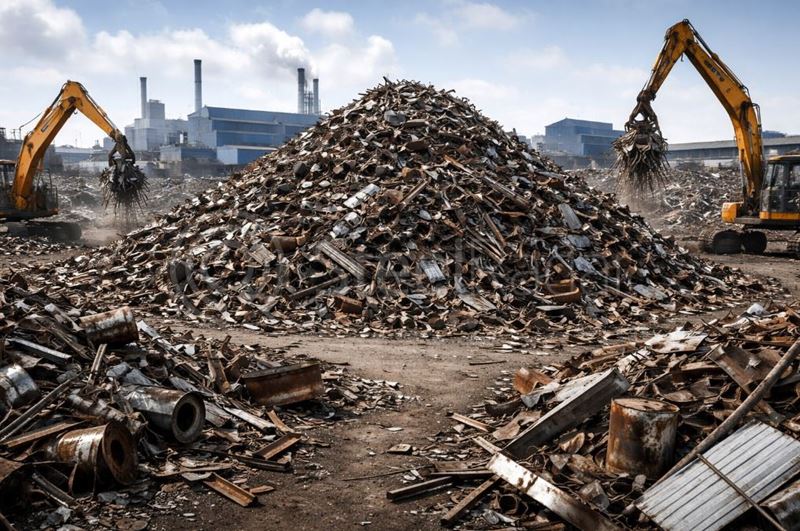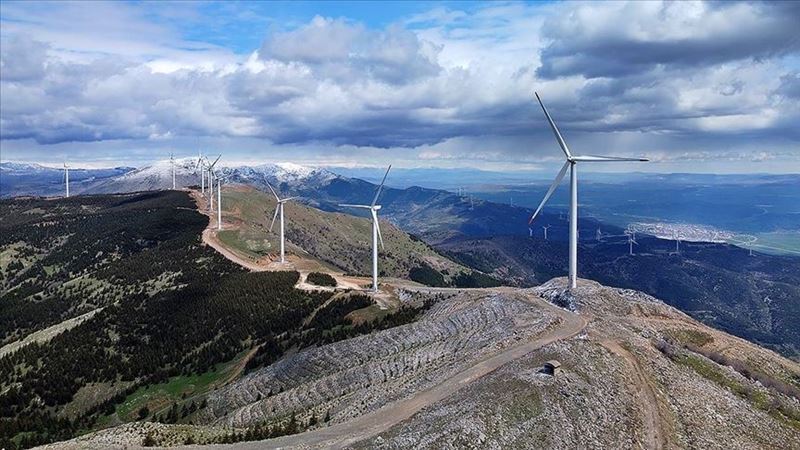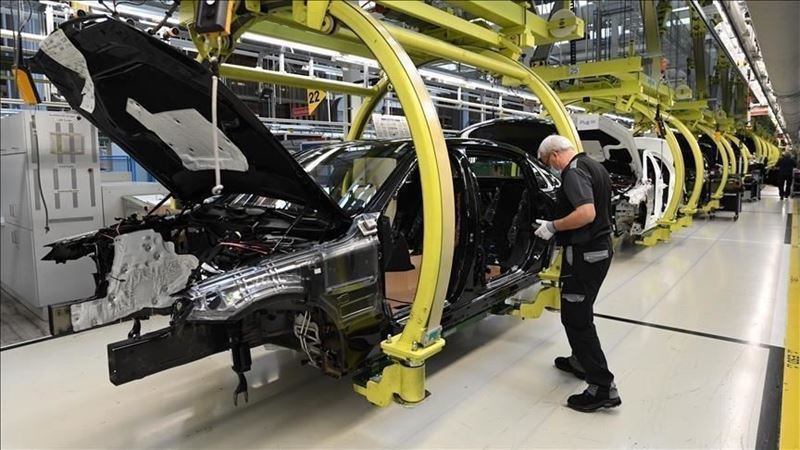In a filing with the US Securities and Exchange Commission (SEC), the company stated that the decision was based on current market conditions.
Analysts say Vale's decision comes as no surprise as pellet prices are under pressure. Company executives underlined their ability to adapt to changing market dynamics thanks to the competitive and flexible nature of their portfolio.
Vale's strategy to reduce carbon emissions is based on high-quality iron ore agglomerates. This group includes both pellets and briquettes. “Vale's choice is in line with current market conditions,” stated Artur Bontempo, an analyst at Wood Mackenzie, adding that producers are becoming more cautious and some are turning to cheaper powdered ore sales instead of pellets.
Bontempo also noted that shrinking profit margins in the steel sector have pushed mills to opt for lower quality and cheaper ores instead of high-cost pellets.
On the other hand, one of the factors affecting market conditions this year was the increase in production by Samarco, a joint venture between Vale and BHP. With the increase in production, 8 million tons of pellets and pellet feedstock will be added to the market by the Vale-BHP partnership.
Vale also revised its outlook for 2025 due to planned maintenance work at the São Luís Pelletizing Plant in the third quarter. Production will be suspended during this period.
RBC Europe analysts noted that Vale's revised forecasts would reduce the supply of seaborne pellets by around 7 million tons, or 6% of the market. Analysts added that this could create an opportunity for competitors such as Rio Tinto to improve premiums.
Vale shares traded on the São Paulo stock exchange increased by 4% on Tuesday following the news. At the same time, iron ore prices also increased.
Reuters









Comments
No comment yet.